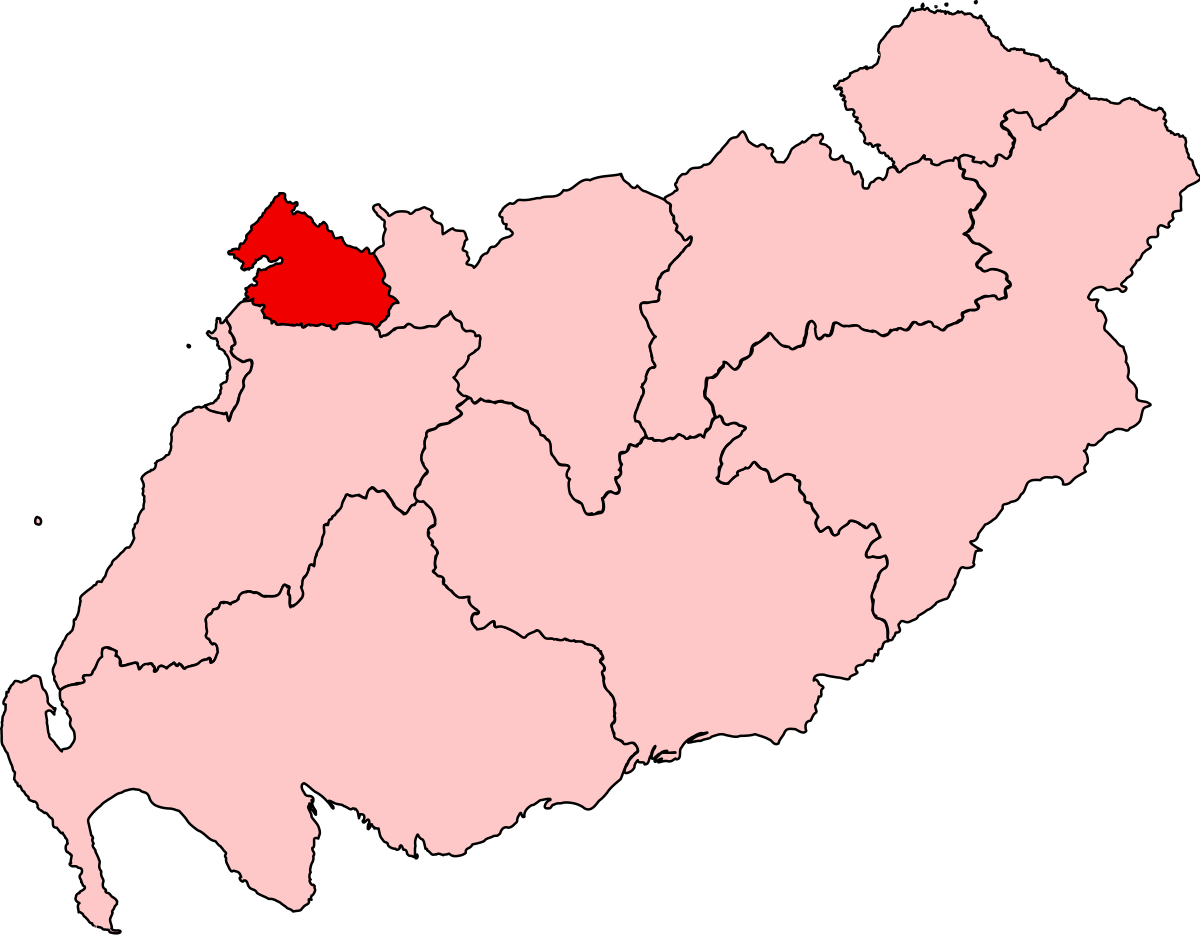Don't start from scratch
The East Ayrshire Health and Social Care Partnership Pathfinder project aimed to use technology enhanced care to fully transform health and social care provision for people with long term health conditions living in the Irvine Valley. Taking a design-led approach, and focusing on place, we explored ways to support residents of the Irvine Valley to access relevant TEC solutions to support them to live at home, improve their capacity to self-manage and to achieve their personal outcomes.

Photo: Wikipedia
What did you do?
The local authority, health board, local transport partnership and other agencies already have a wealth of data and information which could inform discovery. At the beginning of the project, the team carried out a review to identify existing data and analytics that could inform their user research.
Desk research covered a wide range of topics of interest, including digital connectivity, use of technology in the home, health and wellbeing, experience of public transport, views about place-based amenities and access.
This resulted in a wealth of different types of data, which included:
- Data from the Scottish Household Survey on use of smart appliances in the house and wearable technology
- Local resident survey, which captured resident views about place and amenities
- Community Led Action Plan
- SIRD [what does this stand for?]
- East Ayrshire Council Town Centre Health Check results, which provided information about health and wellbeing
The data from the desk review, surveys and other user engagement was synthesized and themed using an interactive white board through collaborative workshops with the team. They used the Place Standard and Interpretive Structural Modelling to guide the process of theming desk research.
Carrying out thorough desk research enabled the team to identify themes emerging across the data and to move more quickly to identifying areas to explore in user research.
What was the output and the outcome?
By reviewing the existing data and documentation, the team began the research with an informed understanding of the background to the project, and were able to develop more focused questions for user research.
They were also able to identify other stakeholders with relevant information and an interest in the changes they were trying to make.
Hints and tips:
- Look beyond your own service and organisation for sources of information and data that might be relevant to inform your thinking.
- Analytic support for extracting, synthesizing and presenting different types of research is helpful at this stage.
